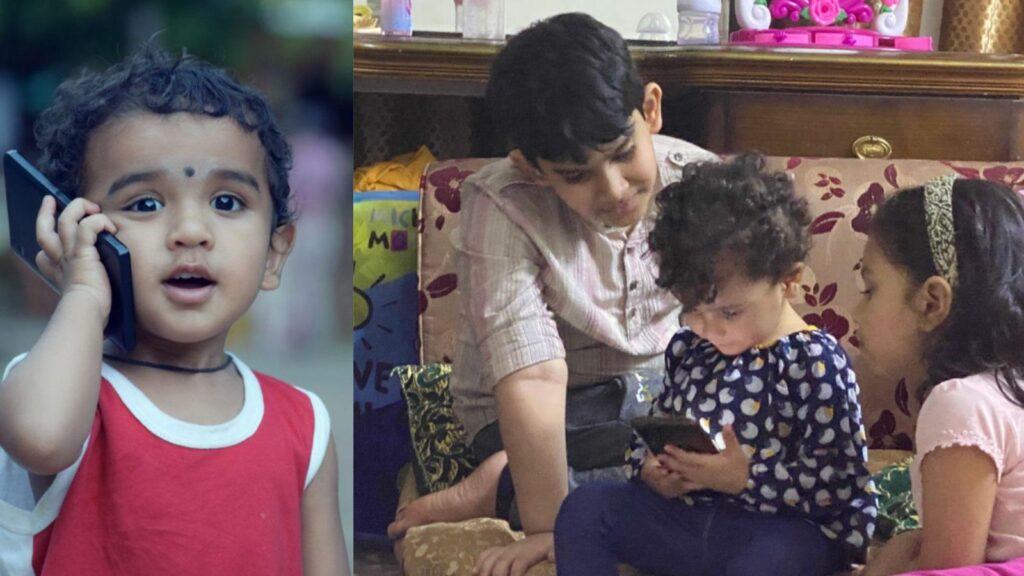Too Much Screen Time Is Harming Your Kids’ Hearts – 10 Must-Know Protection Tips

Too Much Screen Time Is Harming Your Kids’ Hearts – 10 Must-Know Protection Tips
A new study published in the Journal of the American Heart Association warns that every extra hour of leisure screen time, like scrolling social media, watching shows, or gaming, increases cardiometabolic risk in children and teens. The study is especially relevant for Indian parents managing school schedules, tuition, and digital distractions. The problem is global, not just in Western countries.
How the Study Was Done
Researchers used two Danish groups of over 1,000 mother-child or adolescent pairs (COPSAC2010 and COPSAC2000). Screen time was reported by parents or the children themselves. Sleep and physical activity were measured using accelerometers over two weeks. Cardiometabolic risk (CMR) was calculated using five markers: waist circumference, blood pressure, HDL cholesterol, triglycerides, and blood sugar.
Key Findings
The study found that each extra hour of screen time increased cardiometabolic risk by 0.08 standard deviations in children (6–10 years) and 0.13 in adolescents (around 18 years). Sooner or later sleep schedules made the risk stronger. Sleep was found to reduce about 12% of the risk caused by screen time.
Researchers also identified 37 blood biomarkers linked to screen habits, showing how screens affect metabolism. Adolescents with higher risk also showed a higher predicted 10-year adult cardiovascular disease risk. The study is observational and does not prove cause and effect, but it shows clear associations.
Why This Matters for Indian Parents and Kids
Although the study is from Denmark, it applies to children in India too. Screen use has grown rapidly, especially with online classes and smartphones. At the same time, sleep is often reduced, and childhood obesity and insulin resistance are rising. Studies show that sitting for long hours increases heart risk, even when weight or blood pressure looks normal. Screens before bed, common in many households, delay sleep and worsen metabolic health. Excessive screen use in young children can also affect language, learning, and social development.
10 Tips to Protect Kids From Excessive Screen Time
Set Clear Rules: Make a family tech plan with what, when, and where screens can be used. Post it somewhere visible.
Create a Daily Schedule: Limit screen time to set periods, like 1 hour in the afternoon. Use timers to manage start and stop times.
Include Kids in Planning: Ask children when and how they want screen time within the rules. This helps them follow the plan.
Balance Screens With Outdoor Time: Require reading, play, or chores before screens. Use a “first ___, then screen” approach.
Choose Good Screens: Separate active or creative apps from passive entertainment. Let children help rank them.
Use Screens Positively: Make screen time earned or planned, not a punishment.
Set Device-Free Zones: No screens in bedrooms, at the table, or during outings. Keep charging stations in shared areas.
Be Consistent but Flexible: Stick to rules but allow exceptions for family movie nights or long trips.
Teach Digital Citizenship: Talk about online safety, kindness, and taking breaks when frustrated.
Debrief After Screen Time: Ask children what they watched or played. Discuss what they learned or found funny. This builds trust and awareness.
By following these steps, parents can help their children enjoy screens safely while protecting their health.












